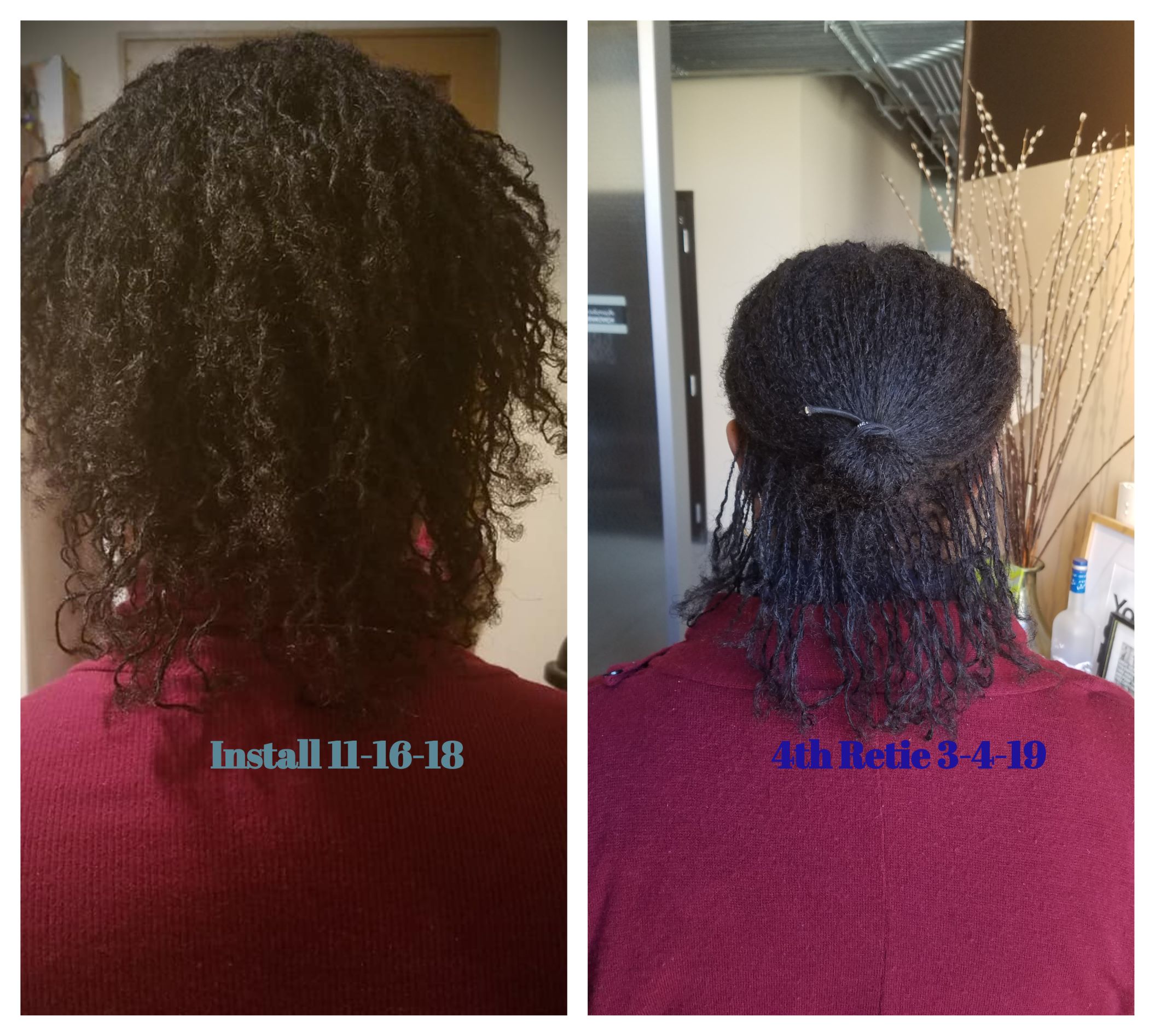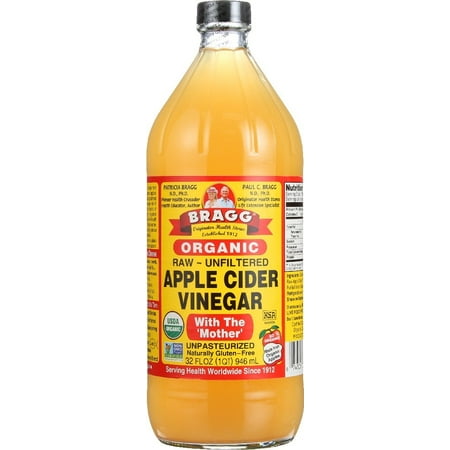
Time is flying by so fast and I never imagined it would. I was so anxious in the beginning of my sisterlocks journey but quickly realized that I needed to slow my roll and just let things happen. Here we are today, two weeks from my four month sisterlocks anniversary and I cannot believe so much time has gone by so far!
What I’m noticing
I’m noticing more budding and my locs are taking form more and more. I had some slippage in the back, but that was due to my last wash. I braided but forgot to band. And I used the sprayer on my sink to rinse. (I know, I know, shame on me). I’m also noticing growth. I feel hair on my neck more, and it’s starting to graze my back. I have to get used to that feeling because it feels like something is crawling on me and it freaks me out! I haven’t had long hair in YEARS people because I kept it short, and when I went natural, I wore afros and braid outs.
five week reties = progress
Now that I’m in my fourth month, my loctician decided to push my reties to every five weeks! YAY!!!!!! I’m very excited about this because it tells me that my locs are progressing and maturing. Also, I don’t mind having frizzy hair in between reties. Some women prefer that neat look, hence why they chose sisterlocks to begin with. But honestly, I don’t believe frequent reties is good for your hair. I’ve been reading about how frequent reties, which is essentially manipulating your hair, can weaken your hair and cause thinning or hair loss. I don’t know about you, but I’m trying to gain hair, not lose it!
apple cider vinegar (acv)and the loc community
Now let’s get to some other things that I’ve noticed in the loc world…

I want to preface what I’m about to say with I have blogged about some of these methods, but have always encouraged moderation.
I’ve noticed in the loc’d community, especially sisterlocks, an obsession with apple cider vinegar washes/rinses/spritz’s to clean locs of all kinds (traditional, free form, sisterlocks, brotherlocks). I’ve used apple cider vinegar, or ACV, as a rinse when I was a loose natural after a baking soda wash every once in a blue moon. The combination of ACV and baking soda provided extra cleaning, shine, and it restores the pH balance of your hair and scalp.
Many don’t realize that ACV is full of acid. Overuse of anything with acid in it like ACV will eat at it, and that includes your hair. ACV will eat at your hair and weaken your hair causing thinning and eventually ugly breakage. No one wants that.
What also concerns me is the shortcuts that many are willing to take all in the name of growing their locs overnight. It’s not gonna happen, boo. Nothing can replace time and patience, especially when you’re in the baby stages of your journey. Then there are those pushing hair growth tonics and oils and swearing that they work on locks that aren’t even mature. Whuuuttt??? You shouldn’t even be using oil if you have sisterlocks that aren’t mature! This leads me to my next topic:
Rice water rinse for growth

Rice water, which is essentially starch, is rich in minerals that are great for the hair. However, many do not know how to properly use this method. For instance, rice water is not meant to stay on your hair. You are supposed to rinse it off. If you leave fermented rice water on your hair, bacterial growth will happen, especially if you live in a warmer climate or if you work out with it on your hair. In more severe cases, you can develop a scalp infection. If you make your own rice water, it is only supposed to be kept for 24-48 hours. It will go bad. Unfermented rice water should only be left on your hair for 1-18 hours. Fermented rice water should only be left on your hair for 1-2 hours. And that’s pushing it! You can also buy organic fermented rice water. Google it. And be sure to check the shelf life.
Be careful of trends
Though rice water is something that has been used for centuries by women in Japanese and Indian cultures for hair growth and shiny hair, it is important to know the what, why and how of this method. Don’t get triggered by hearing the words “hair growth” and then run to try the newest thing trending. I’ve been guilty of doing this myself in the past but having sisterlocks make me think twice about putting anything other than water in my hair. I haven’t used rose water on my locs in over two months. I simply don’t see the need for it. I also don’t want anything interrupting my locking process and setting me back instead of moving forward.
Always consult with your loctician and do your research
I strongly encourage you to speak with your loctician before you try anything that is the current fad in the loc or natural hair community. Also, conduct your own research before you do anything else. Don’t just take the word of a Youtuber or someone who’ve had locs for so many years or months thinking they are an expert. Rather, investigate for yourself to see if these claims are true or have merit. Have they been proven true scientifically? Google Scholar is a great resource for this kind of investigative research.
Don’t learn your lesson the hard way if you don’t have to. Your loctician will appreciate not having to clean up any messes or try to repair damaged locs because of bad, misinformed decisions that you’ve made. Or worse yet, telling you that you need to cut your locs and start over. Trust the process and be patient. It will pay off sooner than you think.
Happy Four Month Sisterlocks-Versary to MEEEEE!!!
XOXO










